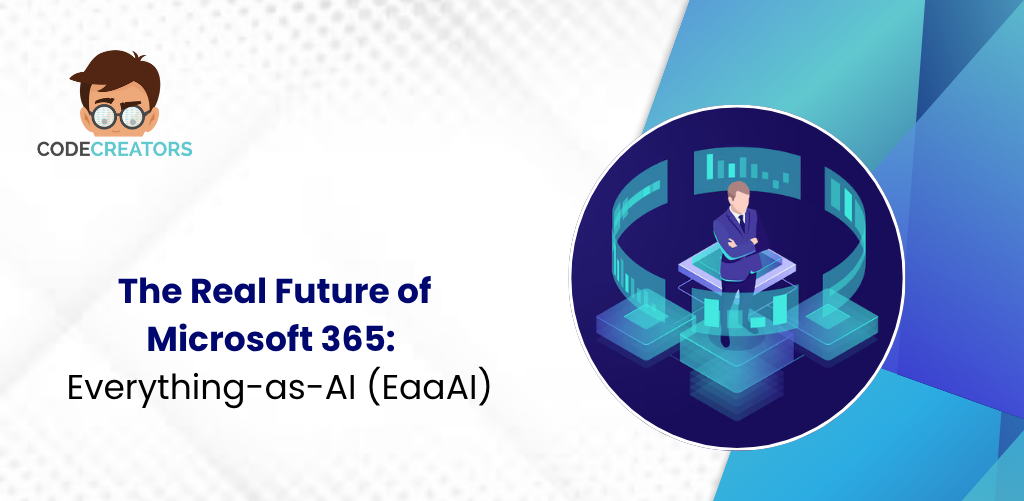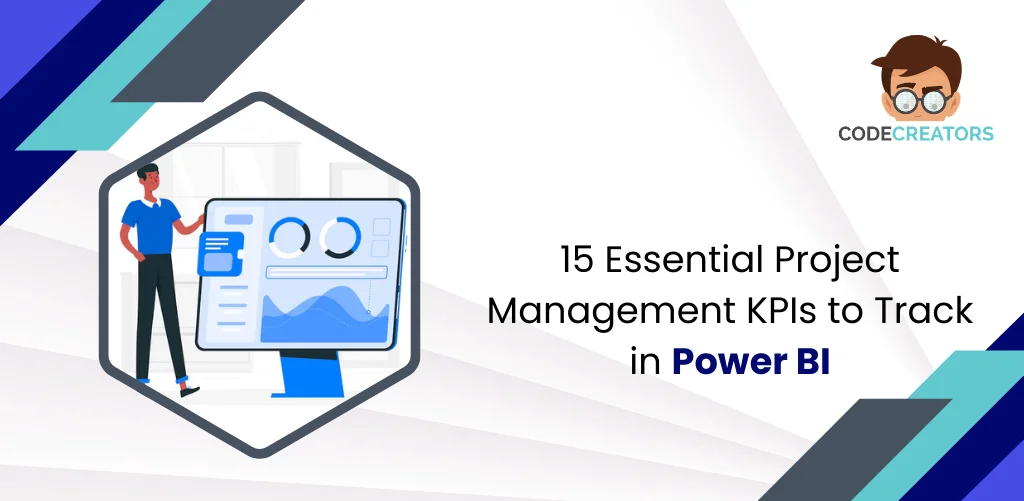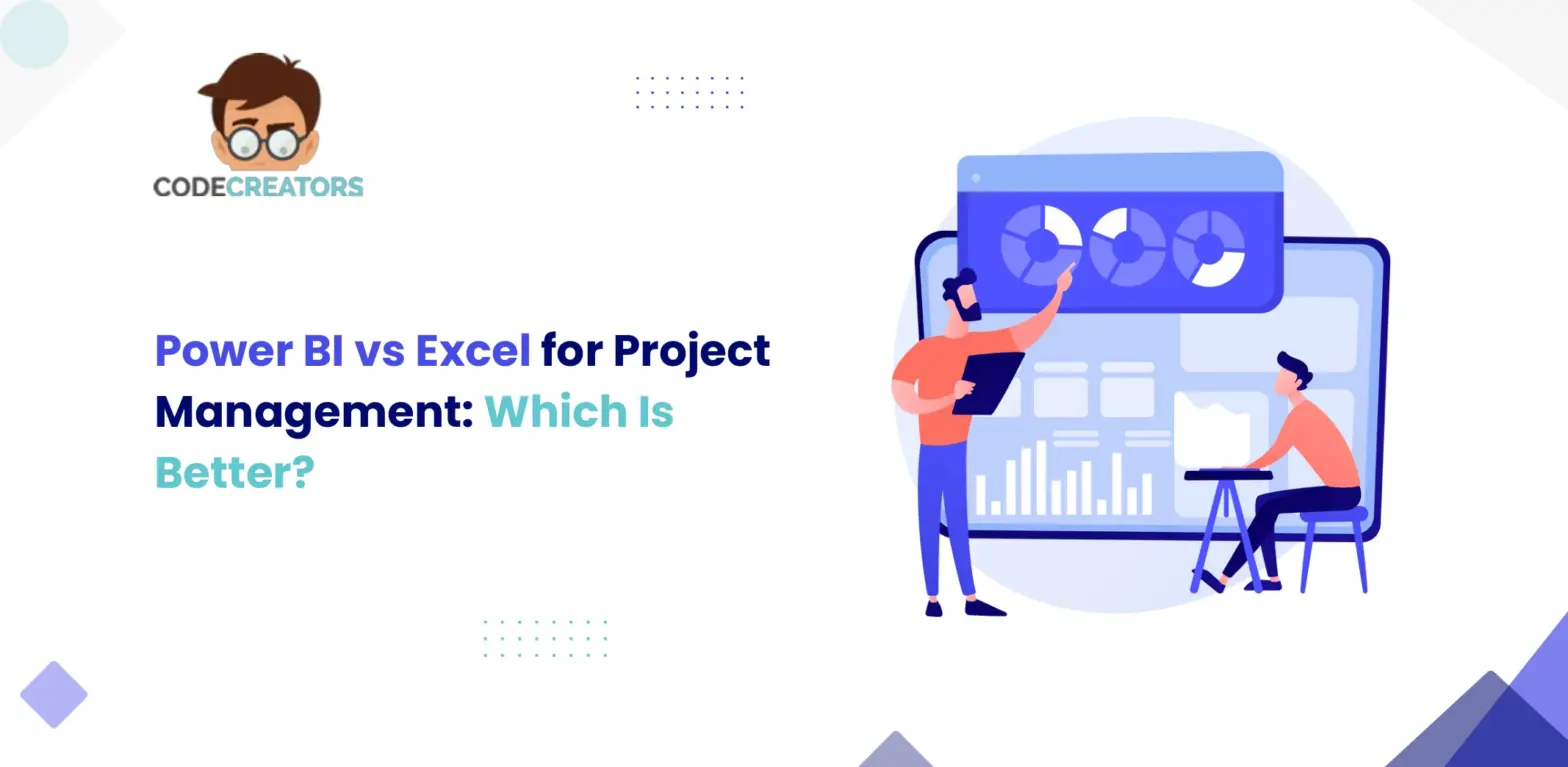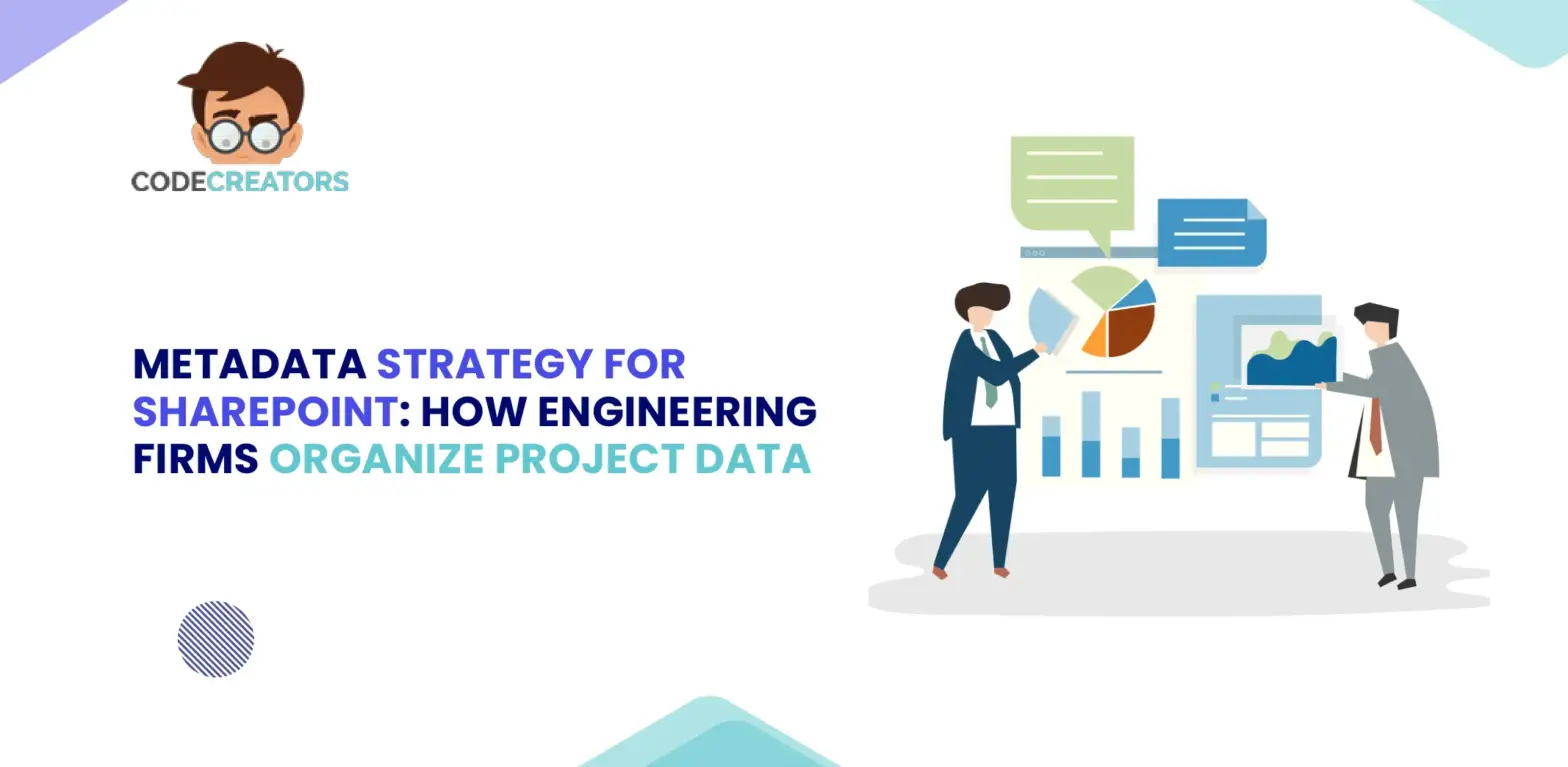The Real Future of Microsoft 365: Everything-as-AI (EaaAI)

The digital workplace is undergoing rapid transformation, with Artificial Intelligence driving this change. Solutions like Microsoft Copilot dominate discussions about AI but represent only the tip of the iceberg. The future of Microsoft 365 is advancing quickly toward the Everything-as-AI (EaaAI) paradigm, in which AI becomes the foundational intelligence behind every application and user interaction. This article examines the EaaAI concept and details how AI is transforming Microsoft 365 into the next generation of truly intelligent and efficient digital workplaces.
What is the Everything-as-AI (EaaAI) Concept?
The Everything-as-AI (EaaAI) concept envisions AI as an essential element of the digital environment, always aware of context and continuously supporting users in every digital task. It goes beyond reactive AI (such as spell-check) and even specialized generative AI (like email composition). EaaAI means every app, dataset, and user interaction within Microsoft 365 is unified by an intelligent layer that comprehends context, anticipates needs, and delivers personalized, proactive assistance.
This is a complete departure from simply adding an “AI button” to the current software. EaaAI takes it to:
- Pervasiveness: AI is omnipresent, from your operating system (Windows Copilot) to apps for productivity (Office Copilot) and platforms for communication (Teams).
- Proactivity: AI does not just stay quiet until you give it a command; it studies your working habits, sees where it can help, and suggests what you can do.
- Contextual Awareness: The AI knows the whole extent of your organizational data (through Microsoft Graph), what you are doing at the moment, your position, and even your likes and dislikes, and it adjusts the help accordingly.
The explanation of the EaaAI concept essentially revolves around a complete transition from human-mediated software communication to an AI-aided thinking process, thereby transforming Microsoft 365 into a truly smart ally during work hours.
Microsoft Copilot AI: The Leading Force of EaaAI
Microsoft Copilot AI is the most evident representation of the first step in the EaaAI journey. It is like a “co-pilot” throughout the Microsoft 365 ecosystem, using Large Language Models (LLMs) together with the user’s organizational data (Microsoft Graph) to create content, interpret data, and carry out operations automatically.
• How Copilot Changes the Microsoft Office Apps: For instance, in Word, Copilot can write entire documents either from a mere prompt or an already existing outline. In Excel, it is capable of going through complex data sets, making graphs, and generating insights through natural language queries. It can also prompt the PowerPoint user to come up with complete slides from a Word file. This very much changes the role of Office apps from mere passive tools to active collaborators, which in turn, significantly speeds up the process of content creation and data analysis.
• AI-based Cooperation in Microsoft Teams: Copilot is a game-changer for meetings and teamwork. For instance, it can give real-time summaries, mark action items, and even suggest answers in a chat based on the meeting context or the documents shared during a Teams meeting. Moreover, after the meeting, it can provide a summary of tasks assigned and decisions made, ensuring everybody is informed and follow-up is efficient.
The Microsoft Copilot AI has redefined the entire usage of productivity tools; hence, a more widespread use of AI is to follow.
What is the Impact of AI on Microsoft 365: Copilot Plus
The EaaAI future of Microsoft 365 is not only a present-day Copilot’s future but also a prospect of richer and more sophisticated AI integrations going hand in hand with super-intelligence.
1. Predictive Analytics in Microsoft 365 Apps
EaaAI will not just be confined to generating texts, but rather, it will be able to foresee needs and predict results:
• Outlook: AI can come up with the best timing for the meetings with everyone’s calendar and focus time in view, or rank emails according to their anticipated influence on the ongoing projects. The AI would even draft the replies to the usual questions before the user starts typing.
• SharePoint/OneDrive: The AI files documents just in time, suggests documents for ongoing projects, and finds prospective compliance issues for newly uploaded data.
• Tasks/Planner/To-Do: AI automatically changes the order of tasks according to the timeline, dependencies, and available focus time. This integrates individual and team workload efficiently.
Such predictive analytics in Microsoft 365 apps are capable of cutting down the efforts and increasing the proactive work output.
2. Enhanced AI-Driven Collaboration in Microsoft Teams
The change of Teams the EaaAI will bring about will be nothing short of a revolution:
• Intelligent Meeting Management: AI will not only create a meeting summary but also proactively point out wherever there are disagreements, offer solutions from previous conversations or documents, and even facilitate the making of decisions by conducting a poll among the participants to choose an option generated by AI.
• Smart Channel Organization: AI automatically organizes discussions and suggests experts related to them. It can even create new channels for future project needs, keeping teams organized.
• Adaptive Learning: Based on a user’s role, ongoing projects, and skill gaps deduced from their interactions, AI might propose suitable training modules or internal mentors.
3. Proactive Security and Governance
EaaAI will be a security and compliance boost for Microsoft 365:
• Adaptive Threat Detection: AI will monitor user behavior and access patterns in data continuously, detecting anomalies much faster than human analysts and thus stopping threats before they escalate.
• Automated Compliance: AI may automatically tag sensitive information, enforce retention policies, and generate compliance reports that reduce manual governance burdens extensively.
Microsoft 365 Future Trends and EaaAI and Business Productivity Trends
The move to EaaAI is not just about upgrading technology; it’s about a core shift in productivity trends in business.
- Shifting to Higher-Value Work: EaaAI automates mundane and repetitive tasks, freeing human capital to focus on strategic thinking, creativity, and complex problem-solving; these activities significantly drive up the value of the overall organization.
- Personalized Productivity: It allows each user’s Microsoft 365 to be uniquely tailored to their role and workflow, offering relevant assistance.
- Faster Decision-Making: With AI insights available in an instant for all apps, decision-makers have the data and context at the right time, which increases strategic execution.
- Reduced Cognitive Load: EaaAI helps handle information overload by summarizing a huge amount of data, highlighting what is important, and allowing users to maintain focus.
This intelligent assistance will make every employee more capable and productive in the next era of digital workplaces.
Conclusion
The future of Microsoft 365 links with the EaaAI concept. Microsoft Copilot AI, a fundamental building block, revolutionizes Office apps and Teams, including deeper integrations of predictive analytics. This omnipresent intelligence layer increases human cognition, drives AI-powered collaboration, and inspires a new generation of workplaces. Organizations embracing this EaaAI paradigm will be leading EaaAI and business productivity trends, unlocking levels of efficiency, creativity, and strategic insight across the enterprise.



